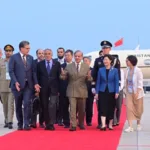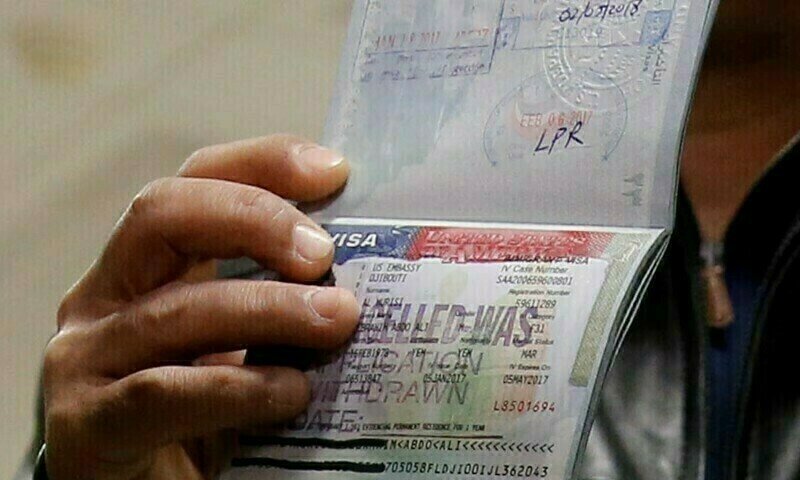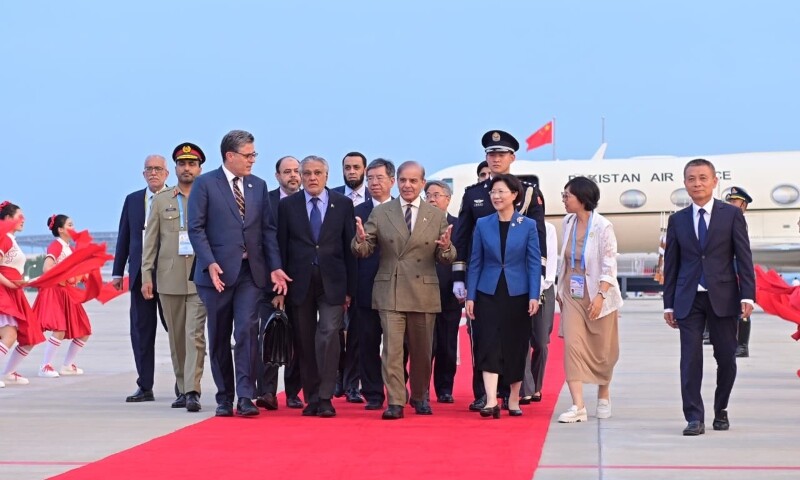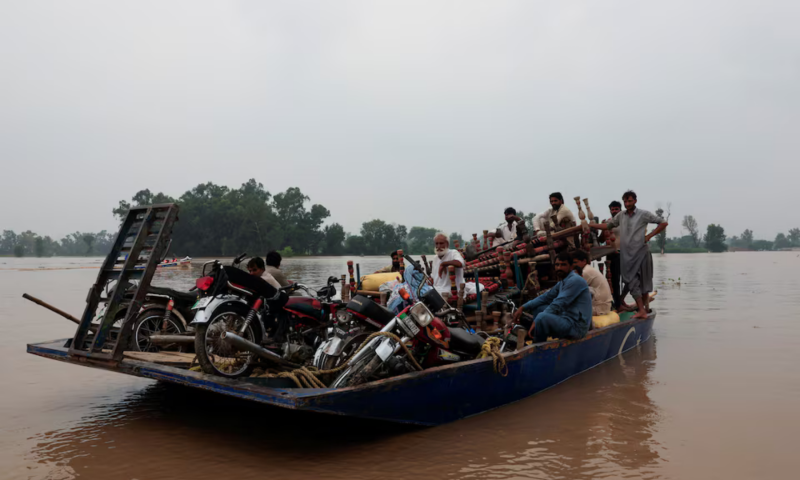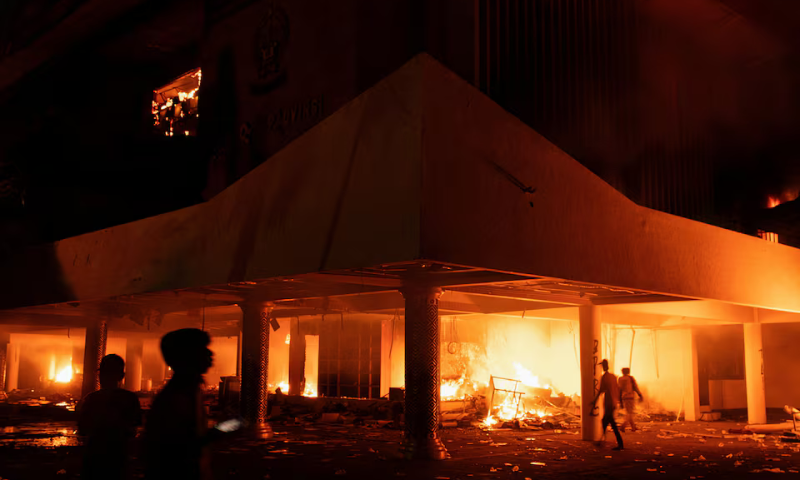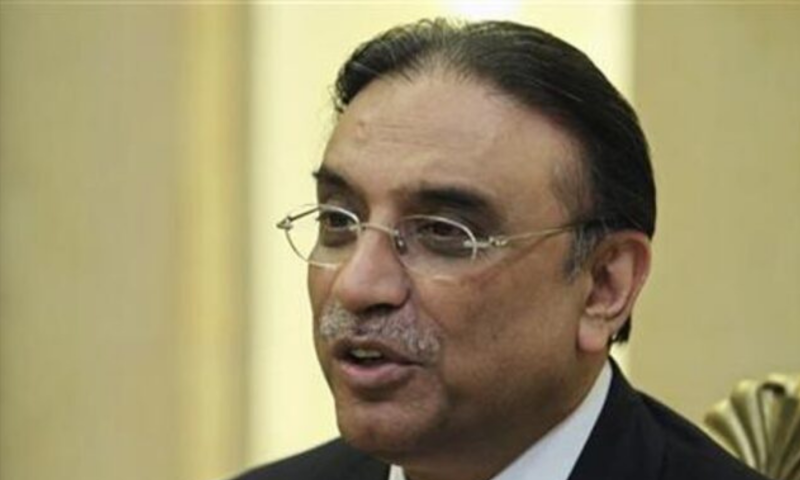After the new visa rules by the Trump administration, the United States embassy in India requested on Monday to all applicants that non -immigrant visas F, M or J did not make public public accounts for their investigation.
The administration of the president of the United States, Donald Trump, ordered on Wednesday the resumption of the students’ visa appointments, but significantly hardened their social media research in an attempt to identify any applicant who can be hostile to the country, according to an internal state department cable reviewed by Reuters.
The US consular officers must now carry out an “thorough and exhaustive research” of all student applicants and exchange visitors to identify those who “have hostile attitudes towards our citizens, culture, government, institutions or foundation principles,” said the cable, which was dated June 18 and sent to the United States missions on Wednesday.
In a publication in X Today, the United States Embassy in India said: “From immediately, all people requesting a non -immigrant visa F, M or J are requested to adjust the privacy settings in all its social media accounts to facilitate the necessary investigation to establish their identity and admissibility to the United States under the United States law.”
He added that since 2019, the USs had required that visa applicants provide social media identifiers in immigrant and non -immigrant visa application forms.
“We use all the information available in our selection and visas research to identify visas applicants that are not inadmissible for the United States, including those that represent a threat to the national security of the United States.”
F and M are different types of students’ visas, while the V Visa is a non -immigrant visa for people approved to participate in change visitors in the US. UU.
On May 27, the Trump administration ordered its missions abroad to stop programming new appointments for visas applicants for student and exchanges visitors, saying that the State Department was ready to expand the investigation of social networks of foreign students.
The Secretary of State of the United States, Marco Rubio, said that the updated orientation would be launched once a review was completed.
The cable dated June 18, which was sent by Rubio and sent to all the diplomatic missions of the United States, ordered the officers to seek “applicants to demonstrate a history of political activism, especially when associated with violence or with the opinions and activities described above, they must consider the probability that such activity in the United States continues.”
The cable, which was first reported by Free pressHe also authorized consular officials to ask applicants to make all their social media accounts public.
“Remind the applicant that limited access to … online presence could be interpreted as an effort to evade or hide some activity,” said the cable.
The measure follows the improved research measures of the administration last month for visa applicants who seek to travel to Harvard University for any purpose, in what a separated state department cable said it would serve as a pilot program for a broader enlarged detection.
Online presence
The new verification process must include a review of the entire applicant’s online presence and not only social networks activity, the cable said, urging officers to use any “appropriate search engine or other online resources.”
During the investigation, the directive asks officers to seek potentially derogatory information about the applicant.
“For example, during a search for online presence, you can discover on social networks that a applicant supported Hamas or their activities,” says the cable, adds that this can be a reason for inelegability.
Rubio, the main diplomat of Trump and national security advisor, said he has revoked the visas of hundreds, perhaps thousands of people, including the students, because they involved in the activities that, according to him, were against the priorities of the foreign policy of the United States.
These activities include support for Palestinians and criticism of Israel’s behavior in the conflict in Gaza.
A student at Tufts University of Turkiye was held for more than six weeks at an immigration detention center in Louisiana after co -writing an opinion article that criticizes his school’s response to Israel’s military campaign in Gaza. She was released from custody after a federal judge granted her bail.
Trump’s critics have said that administration’s actions are an attack on the rights of freedom of expression under the first amendment of the Constitution of the United States.
Less appointments?
While the new directive allows the positions to resume the program for student visa applicants and exchange, warn the officers that there may be less quotes due to the demands of a more extensive investigation.
“Publications should consider the volume of general programming and the demands for the resources of the appropriate research research; the publications may need to schedule fewer cases of FMJ than before,” said the cable, referring to relevant types of visas.
The directive has also asked the positions to prioritize among the accelerated visa appointments of doctors born abroad that participate in a medical program through exchange visas, as well as the applicants who seek to study in an American university where international students constitute less than 15 percent of the total.
In Harvard, the oldest and most rich American university, in which the administration has launched a multifront attack freezing its billions of dollars of subsidies and other funds, foreign students last year represented approximately approximately 27 in the afternoon of the total student population.
The cable is asking the publications abroad to implement these research procedures within five business days.


